Imagine a cleanser designed specifically for your skin type, a shampoo tailored to your hair’s individual needs, or a foundation matching your unique skin tone.
Personalisation trends are rapidly seeping into all sectors of the beauty and personal care (BPC) industry as consumers increasingly demand curated products and experiences. This shift is pushing brands to rethink skincare, haircare, and cosmetics.
This article will examine the rise of personalisation in beauty, exploring inclusivity, advanced technology, consumer empowerment, and expert collaborations—all of which are pivotal for revolutionising this dynamic landscape.
Differentiating Between Personalisation and Hyper-Personalisation
Traditional beauty personalisation might involve choosing a cleanser for oily or dry skin, but hyper-personalisation goes further, leveraging advanced technology to deliver tailored solutions, using consumer-provided data from surveys or consultations to create customised beauty products.
For example, the US-based brand Function of Beauty customises haircare by offering ampoules to mix with shampoo or conditioner to enhance their benefits. Using online questionnaires, they develop formulations based on hair type, goals, and preferences.
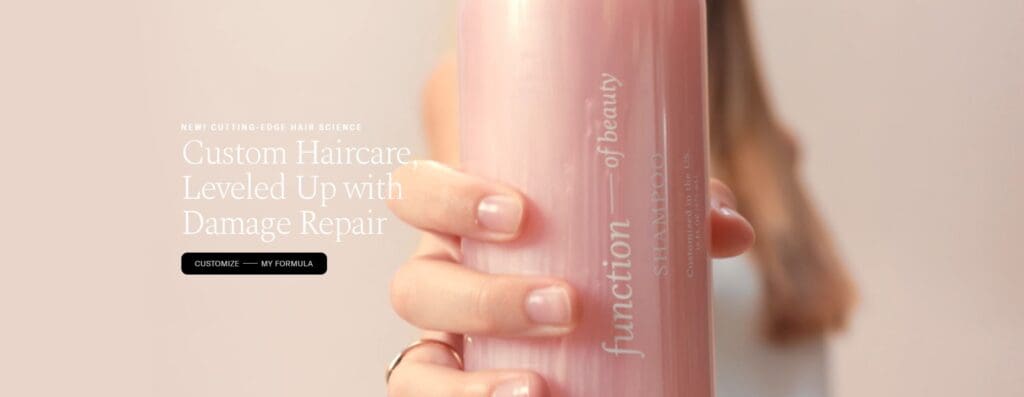
Function of Beauty market customised products/treatments for individual haircare needs. Source: functionofbeauty.com
Technology is often at the centre of hyper-personalisation, without which this degree of individualisation wouldn’t be possible. It uses real-time data, Artificial Intelligence (AI), and DNA testing to craft bespoke consumer solutions for consumers.
For example, L’Oréal’s ‘Perso’ device uses AI to assess skin and environmental factors, to deliver tailored skincare serums and to elevate personalisation into a premium, tech-driven experience.
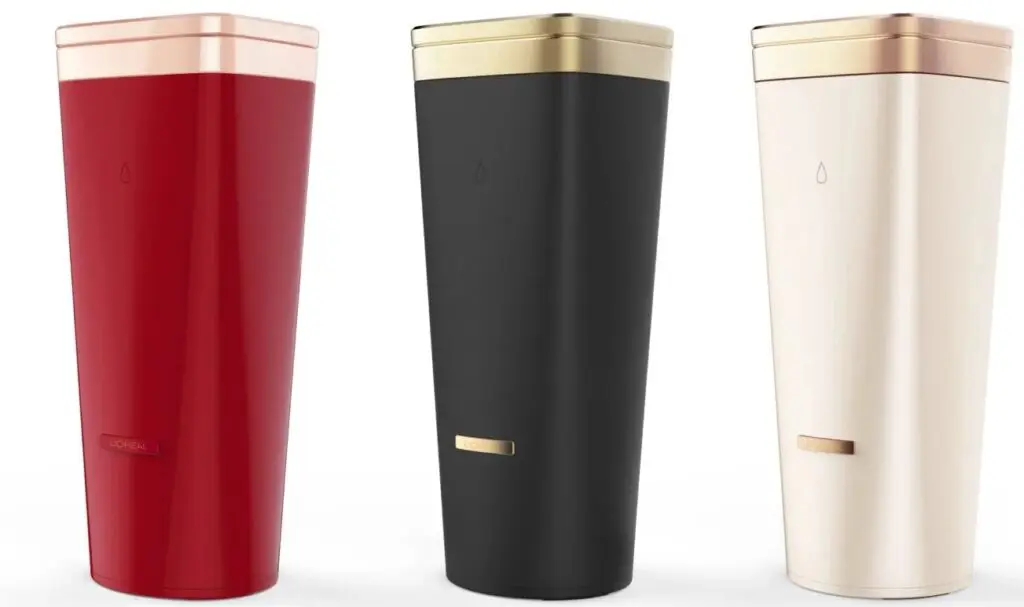
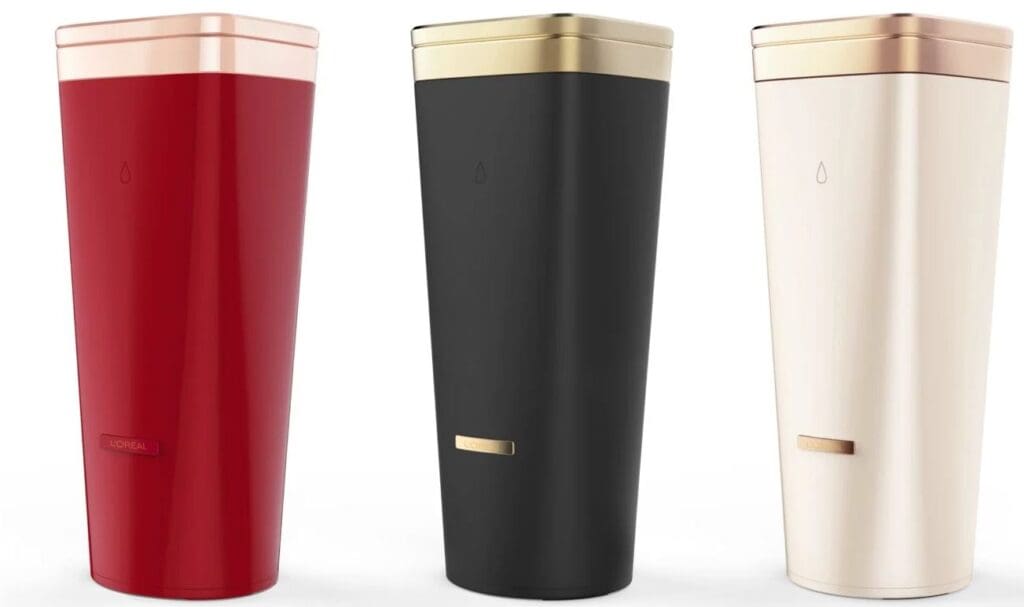
The AI-driven ‘Perso’ device launched by L’Oréal to create personalised skincare products. Source: loreal.com
- Providing a personal skin analysis — Via a picture taken with a smartphone, ModiFace technology evaluates users’ skin conditions such as deep wrinkles, fine lines, dark spots, and pore visibility.
- Analysing the environment — Using Breezometer geo-location data, the device also factors in local environmental conditions like weather, temperature, pollen, UV index, and humidity, which impact skin health.
For the purpose of this blog, we’ll be using the terms hyper-personalisation and personalisation interchangeably, or use personalisation as an umbrella term for both.
Why Personalisation in Beauty is More Than Just a Fleeting Trend
Personalisation isn’t just a buzzword; it’s a response to how consumer expectations have shifted in recent years. Many consumers are seeking products tailored to specific beauty goals like reducing fine lines, combating dryness, or achieving a flawless look. Mintel reports that 62% of US BPC buyers are interested in hyper-personalised products, and 28% are willing to pay extra for them (only accessible to Mintel clients).
Inclusivity and diversity are driving the personalisation trend
One-size-fits-all solutions in beauty are quickly becoming obsolete. Modern consumers demand brands address diverse skin tones, hair types, and unique concerns.
Il Makiage has successfully launched an inclusive foundation product line. They use a detailed skin tone quiz incorporating multiple undertones to ensure consumers find shades that exactly match their complexion.
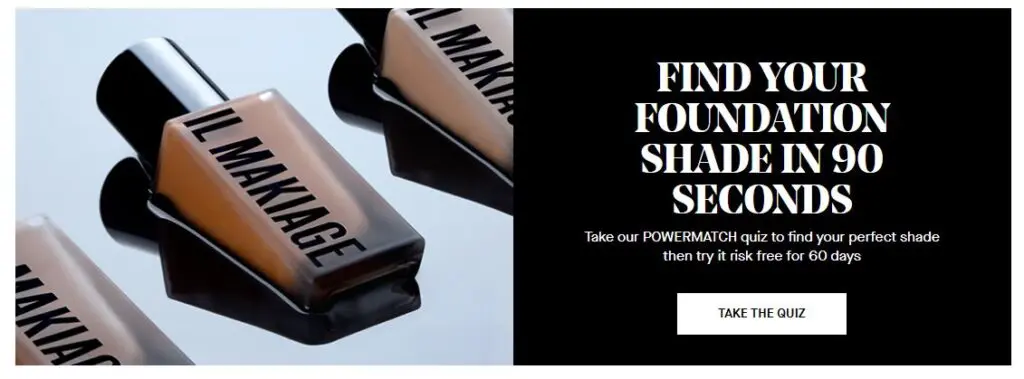
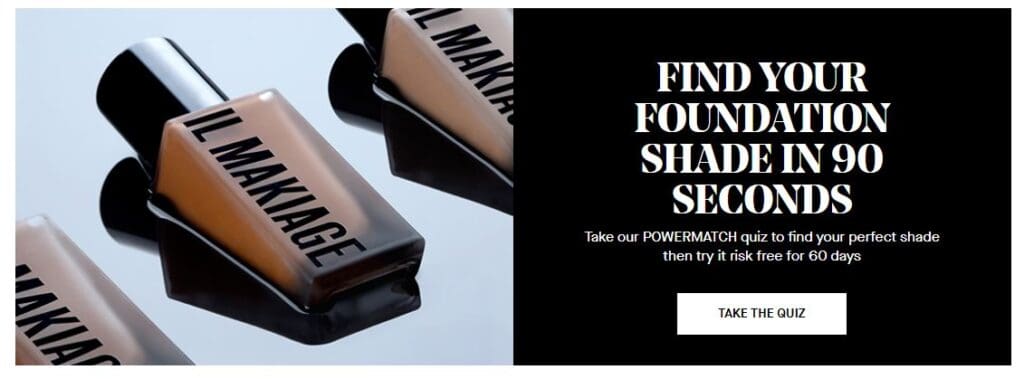
Il Makiage’s skin tone match quiz. Source: ilmakiage.com
On the contrary, missteps can severely damage a brand’s reputation. Youthforia faced backlash when its darkest foundation shade appeared jet black. Critics noted it resembled black paint and failed to consider deep skin undertones, rendering it unwearable.
- Haircare for all textures
Diversifying hair textures requires brands to address the evolving profile of Black consumers which encompasses a broad spectrum of people, including Afro-Latinos. As a result, Black haircare consumers can exhibit more diverse hair textures, leading to a demand for varied haircare needs. This acknowledgement demands specialised formulas for diverse textures, such as curly and coily hair, historically underserved by mainstream brands.
Companies like SheaMoisture have targeted this underserved gap by meeting the needs of consumers with curly or coily hair. However, personalised treatments must go beyond customised products for different hair types and also address scalp and hair health beneath wigs, braids, and weaves—styles worn by 34% of Black women in the US from 2019 to 2022.
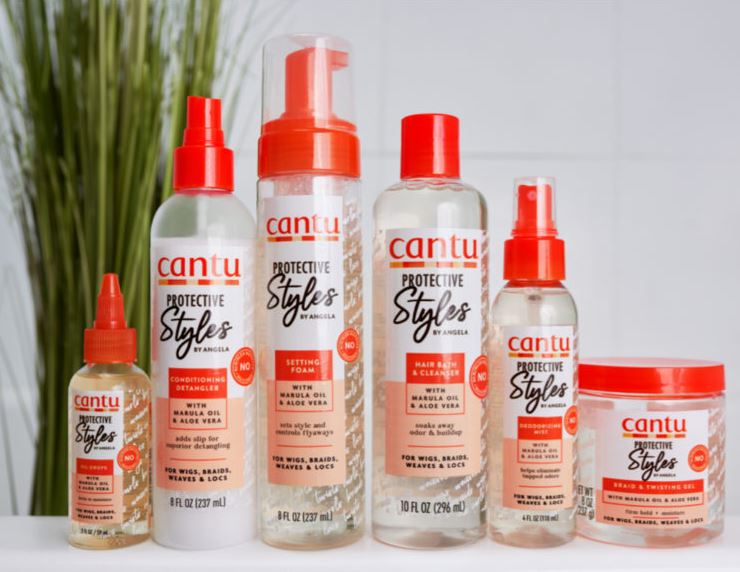

Cantu’s product line specialises in protecting the hair and scalp beneath wigs, braids, and weaves. Source: cantubeauty.co.uk
Build Trust With Expert Collaborations
When it comes to skincare or haircare, collaborations with professionals can elevate trust in personalised offerings. As tailored beauty products gain popularity, brands that include expertise from dermatologists or scientists in their stand out in the industry.
Personalised skincare, backed by science
Fear of allergic reactions leads many consumers to avoid certain ingredients. In fact, 50% of Germans are interested in customised beauty and prioritise personalised skincare, believing it is a safer, lower-risk alternative than standard products. Professional endorsements and safety certifications can further reinforce the perception of safe, anti-allergic ingredients.
Curology, an online personalisation platform, goes beyond simple quizzes to offer customised beauty products. They incorporate dermatologist consultations within the quizzes to create prescription-strength skincare routines tailored to individual needs. This approach not only improves product development but also assures consumers of the effectiveness and safety of their solutions.


Curology customises skincare products based on the answers users give when describing their hair type and hair goals. Source: curology.com
Empowering the Consumer Through Customised Beauty Products
One of the most profound effects of personalisation is how it empowers consumers, giving them control over their beauty routines while fostering brand loyalty. It also makes them feel acknowledged as their unique needs are met.
In the fragrance sector, customisation is highly valued. It enables users to tweak scent profiles to suit their preferences and express their individuality. For instance, Coty provides options to allow consumers to build their own fragrances.
Personalisation Trends in Beauty Are Supported by Technological Advancement
Without advanced technology, many personalisation trends would not be possible. AI and Augmented Reality (AR) enable brands to meet consumers’ demand for tailored products and services. Here’s how:
- AI-powered insights: Artificial intelligence analyses large datasets to offer precise recommendations, enhance formulations, and forecast trends, exemplified by L’Oréal’s ‘Perso,’ which gathers data on factors like local humidity to create their hyper-personalised solutions.
- Digital try-ons and AR: Tools like Sephora’s ‘Virtual Artist’ app allow users to digitally sample makeup shades, reducing the guesswork and boosting customer satisfaction before purchase.
Market Opportunities in Beauty Personalisation Trends
For many buyers, customised beauty products aren’t just a nice-to-have anymore, but an essential way to treat their skin or hair with products that are perfectly tailored to their needs, or support them in expressing their individuality. Brands that fail to integrate beauty personalisation trends into their values, products, and services will risk falling behind in an industry centred on uniqueness and inclusivity.
Whether it’s investing in advanced AI, creating products in collaboration with experts, or using data for hyper-personalised solutions, the opportunities are endless to support increased customer satisfaction, loyalty, and trust in your brand.
Are you ready to embrace personalisation in beauty? Explore Mintel’s full range of BPC research reports and insights at Mintel Store or sign up for free to Mintel Spotlight for the latest articles and thought leadership pieces for fresh insights from industry experts.
Sign Up to Spotlight